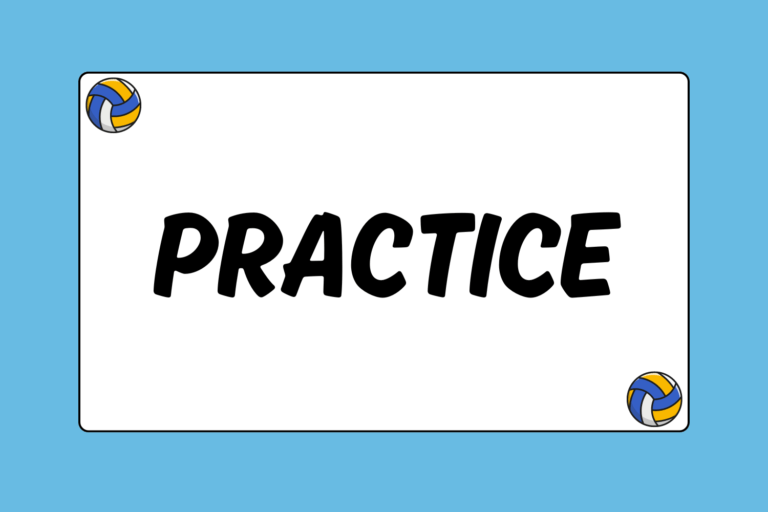In some ways, volleyball is not the friendliest sport for new players. Some of the rules — overlap procedures and rotation formations, for example — are opaque at best and maddening at worst. (Many seasoned volleyball vets still get tongue-tied when explaining the overlap rule). And it doesn’t help that certain official procedures only apply to specific positions.
One such position is the libero. This guide will take an in-depth look at this defense-centric role and explain the rules governing this position.
Origin
First introduced to the indoor game in 1999, the libero — a defensive specialist position — was originally added in order to foster more defensive plays, which in turn would extend the length of rallies. It was thought that longer rallies would make volleyball games more exciting and, thus, more attractive to the casual fan.
Being the Libero
For tracking purposes, the libero is required to don a jersey that is a distinctly different from that of her teammates (usually a contrasting color). Once designated as libero for a given game, that player must remain in the position until the completion of the game.
The libero can remain in the game at all times and does not require a substitution. However, because she is primarily a defensive player, she is only allowed to play in the back row. Consequentially, this position is generally played by the team’s most skilled serve-receive passer and/or the best defender.
Serve-Receive
In volleyball, a team’s ability to run the offense effectively depends on the pass. Since serve-receive passing is her primary job, it isn’t uncommon for a libero to cover a larger portion of the court than her teammates during serve-receive. That’s why liberos must be stellar passers.
Defense
On defense, the libero needs to be able to dig consistently well, getting a hand on every ball she can to keep the play alive. Since the libero has no attack responsibilities, she must chase down every ball she can. She may also be responsible for setting if the ball is dug by the setter or out of the setter’s range.
Tips for Liberos
To be a good defender, you have to genuinely want the ball to be hit your way, and you should delight in digging a hard-driven ball and frustrating the opposing attackers. You should be confident that you can get almost any ball that comes over the net.
But this zen-like attitude won’t happen overnight. Only with a solid foundation of defensive moves can you become the amazing defender that you want to be. The libero’s fearless attitude comes from her knowledge that she has done the work, put in the time, and has the skills to dig anything.
To achieve this confidence, here are some skills you can work on:
- Court awareness: Get comfortable with the court size and your position on it. This will help you let balls go that are heading out, and will also allow you to help your teammates by calling the ball in or out.
- Quickness and agility: There are tons of resources on plyometric drills, which will vastly improve your quickness if done regularly. For something simpler, try jumping rope or sprinting.
- Ball control: Above all else, a libero must have outstanding ball control. Be the first to arrive and the last one to leave practice, and have your coach or friends throw/hit balls to you all over the court. No matter what kind of drill you’re doing, make sure you have a target position in mind and that you are driving yourself to improve every day.
- Touch everything: Don’t give up on a ball, no matter how far out of reach it may seem. Your goal should be to touch every ball in your vicinity. As you get faster you’ll be amazed at the saves you can make.
- Learn to dive and roll properly: Most liberos dive, roll, sprawl, and fall frequently, so it’s vital that you know how to fall correctly and without hurting yourself. Most defensive players prefer the shoulder roll for a quick recovery, and the pancake is a must-have move for all liberos!
Fun Fact:
If you are wondering how to correctly pronounce the name of volleyball’s newest specialty position, you are not alone. Newbies and vets alike have been stumbling over the term since it was first introduced to the game. The term, meaning “free” in Italian, is traditionally pronounced “LEE-beh-ro.”
Defense is Your Specialty
The libero position has added a great element to the game of volleyball. If you enjoy defense and have the desire and work ethic to learn the necessary skills, then libero is definitely the position for you!





